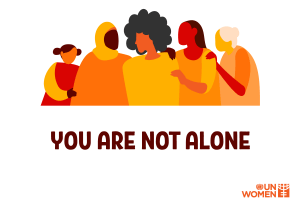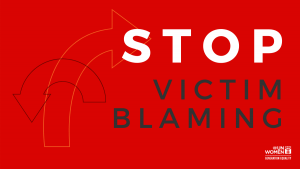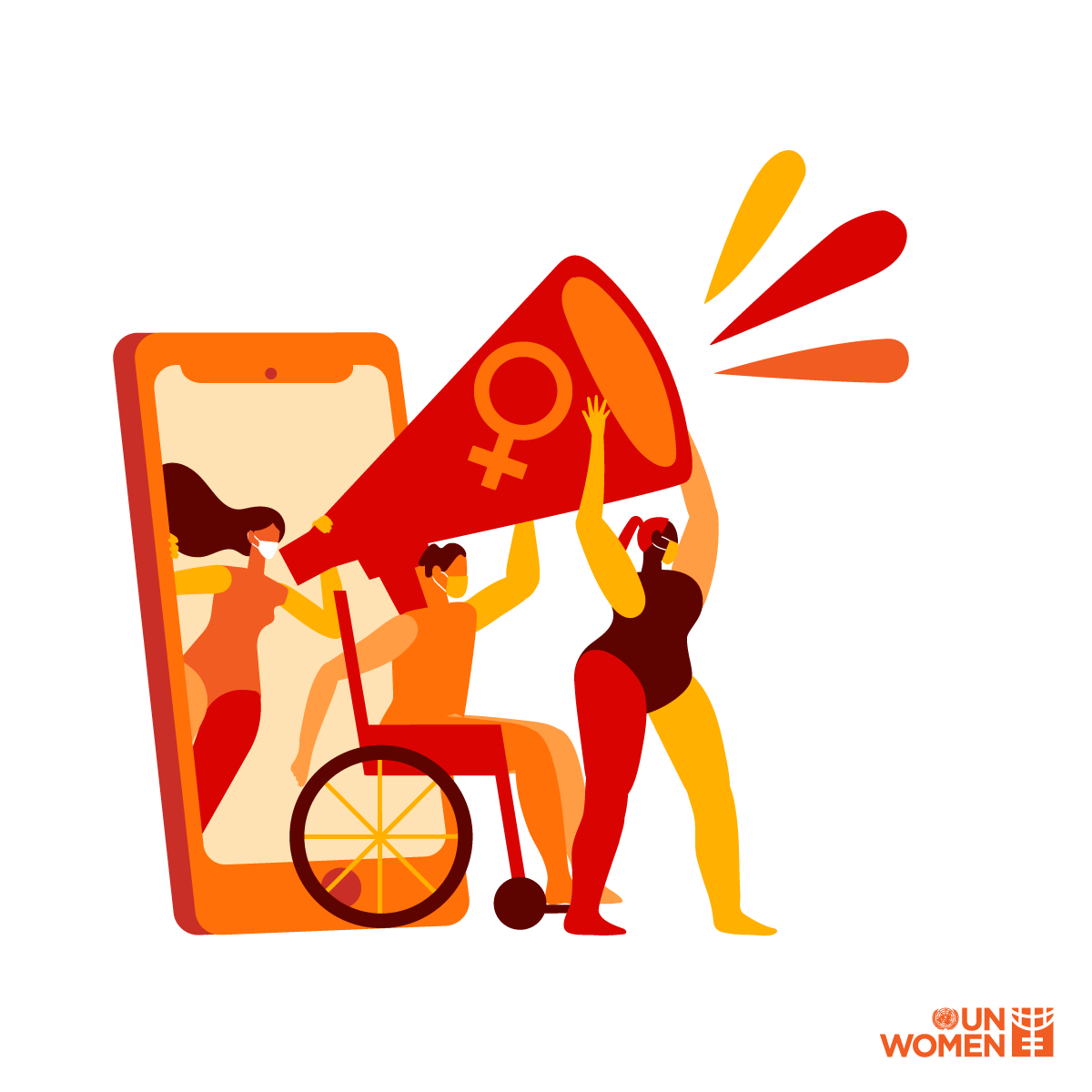
Today, November 25th, marks the 22nd Annual International Day for the Elimination of Violence Against Women as declared by the United Nation’s General Assembly in 1999; however, women living in Latin America and the Caribbean have honored the International Day for the Elimination of Violence Against Women since 1981. The resolution, introduced by the Dominican Republic, marks the anniversary of the death of three sisters, Maria, Teresa and Minerva Mirabel, who were murdered on the island on November 25th, 1960, due to their involvement in a growing underground uprising against Dictator Trujillo’s dangerously misogynistic rule, according to this article from History. This day also represents the start of the 16 Days of Activism, where people are encouraged to fight against gender-based violence, concluding on December 10th, which is declared as International Human Rights Day. Activist organizations worldwide have utilized this period to shed a light on domestic affairs including sexual and physical violence, emotional abuse, and to draw attention to the dangers of human trafficking, all of which are issues that disproportionately affect women, transgender, and nonbinary individuals.
Domestic Abuse in the Pandemic

One of the major examples of threatening violence towards women is domestic abuse, especially regarding violence in romantic partnerships. Domestic abuse includes sexual, physical, verbal, and emotional abuse, and can happen to anyone regardless of age, race, sexuality, or marital status. Fighting domestic abuse is especially prevalent in eliminating violence against women because unfortunately, eight out of 10 victims of sexual assault or rape knew their attacker, as was the case in my own story. For child victims and students on college campuses, the rate is even higher. Regarding the pandemic, the United Nations has recently stated that, “Since the outbreak of COVID-19, emerging data and reports from those on the front lines, have shown that all types of violence against women and girls, particularly domestic violence, has intensified.” Referred to as the “Shadow Pandemic,” women and other marginalized groups have been especially susceptible to abuse and emotional neglect due to many countries’ lockdown and stay-at-home orders, in addition to people around the globe facing an increased level of financial hardships throughout the Covid-19 pandemic.
Sex Trafficking and Outside Threats
This increased level of vulnerability has also translated outside of the home, where women face dangers in varying capacities, including the prevalent threat of sex trafficking. Over 70% of all sex trafficking victims are women and girls, and although there have been a growing number of legislative improvements as more countries criminalize trafficking, conviction rates for traffickers remain low. As Covid-19 news updates have held many people’s attention since the pandemic began, it is essential to remember the other human rights crises that have not paused or slowed down as law enforcement efforts had hoped. Outside threats of violence also disproportionately affect BIPOC (Black, Indigenous, People of Color) women. Although many general sex trafficking statistics are difficult to find considering many cases go unreported, this article from Polaris did include numbers from specific jurisdictions stating that “In Louisiana, Black girls account for nearly 49 percent of child sex trafficking victims, though Black girls comprise approximately 19 percent of Louisiana’s youth population and in King County, Washington, 84 percent of child sex trafficking victims are Black while Black children and adults together only comprise 7% of the general population.” Polaris went on to add, “Latinos are disproportionately represented among human trafficking victims and survivors in general, and labor trafficking survivors in particular.”
Eliminating Violence Against Women

Women’s organizations around the world have come together in efforts to eliminate misogynistic acts of violence with advocacy that anyone can participate in, such as protesting for legal action to be taken and supporting the #MeToo social media movement, which began in 2006. The #MeToo movement encourages survivors of sexual assault and rape to share their stories in a safe environment of other survivors. The hashtag has been used by millions of people around the world and has been translated into dozens of languages.
Considering this, there are many ways to help support survivors, even during a pandemic. UN Women lays out ten important steps:
-
- Listen to and believe survivors
- Teach the next generation and learn from them
- Call for responses and services fit for purpose
- Understand consent
- Learn the signs of abuse and how you can help
- Start a conversation
- Stand against rape culture
- Fund women’s organizations
- Hold each other accountable
- Know the data and demand more of it
If you or someone you know is experiencing abuse, click here to speak with trained advocates worldwide.

